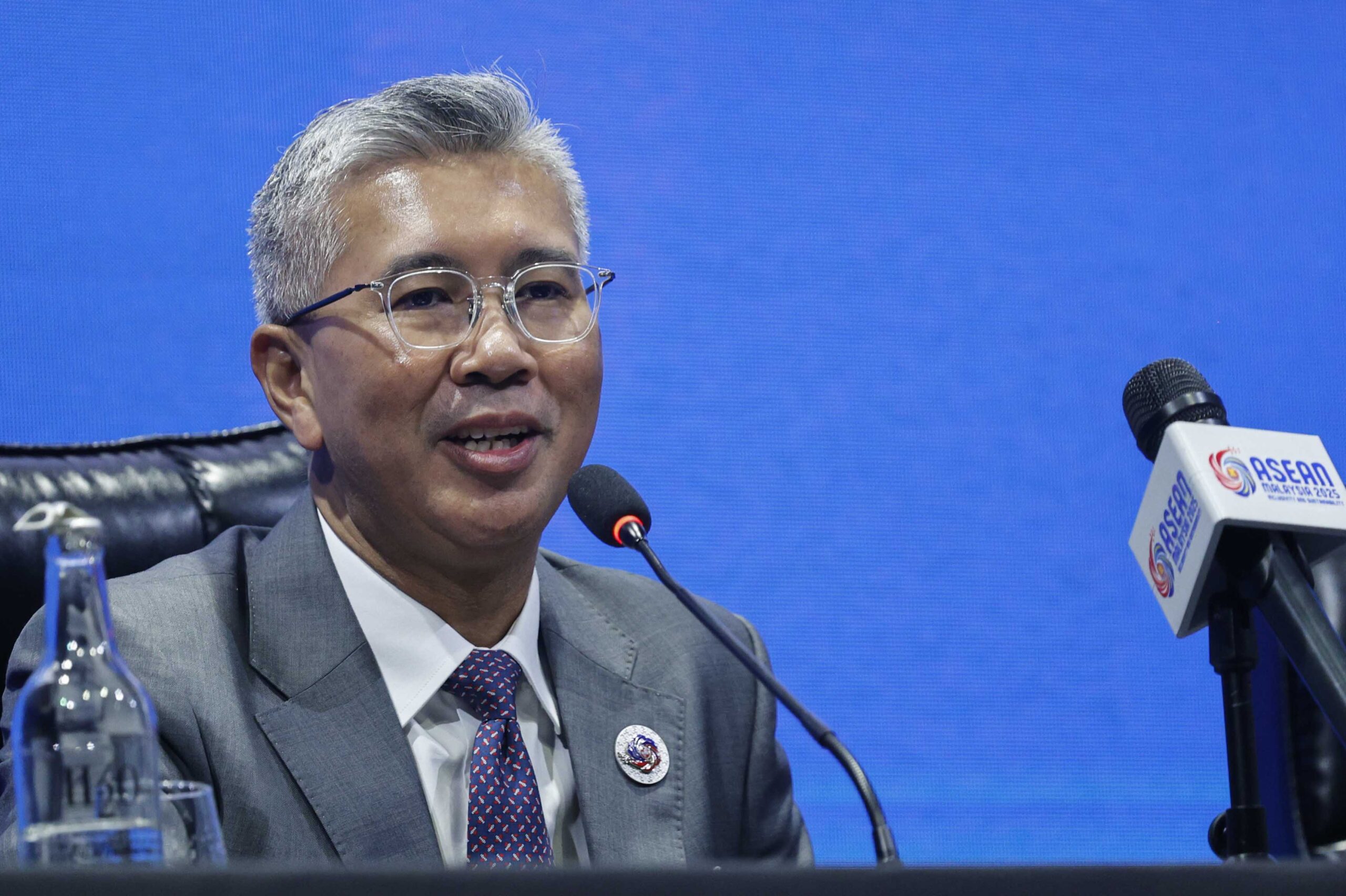The Securities and Exchange Board of India (SEBI) has put forth a proposition for a multi-regulatory approach to oversee the burgeoning cryptocurrency sector within the nation. Recently disclosed documents suggest that different facets of digital asset activities should fall under the purview of respective regulatory authorities in India. This includes SEBI’s oversight on digital assets deemed as securities and initial coin offerings (ICOs).
SEBI’s Vision for Cryptocurrency Regulation
SEBI envisions a regulatory landscape where its responsibilities extend to licensing financial products associated with digital assets and regulating entities dealing with securities-like digital assets. This framework aims to establish a structured and secure environment for both investors and operators within the digital assets market.
Under SEBI’s proposed framework:
- The Reserve Bank of India (RBI) would regulate fiat-backed stablecoins.
- The Insurance Regulatory and Development Authority of India would oversee crypto-related insurance products.
- The Pension Fund Regulatory and Development Authority would manage digital asset implications within the pension sector.
- Disputes involving digital assets would be adjudicated under the existing Consumer Protection Act.
RBI’s Cautious Stance on Cryptocurrencies
Contrasting SEBI’s regulatory approach, the RBI has expressed concerns regarding the macroeconomic risks posed by digital currencies. The central bank has highlighted issues such as potential tax evasion, fiscal instability due to voluntary compliance in peer-to-peer transactions, and the implications of cryptocurrencies on the traditional financial system’s ability to create money.
In light of adjusting to a digital economy, India has intensified its regulatory scrutiny, particularly with foreign crypto exchanges. In December 2023, India took significant steps by issuing notices of noncompliance to several foreign exchanges and blocking their access to Indian users. However, prominent exchanges like KuCoin and Binance have managed to navigate these regulatory challenges by obtaining necessary licenses from India’s Financial Intelligence Unit to resume operations.
Further, at a recent G20 meeting, the Indian government advocated for international cooperation in regulating digital assets, underscoring the global implications and the need for a cohesive regulatory framework.
Proposed Benefits and Challenges
The multi-regulatory approach suggested by SEBI could potentially lead to a more robust and diversified regulatory framework that addresses various aspects of the digital asset ecosystem comprehensively. However, this approach also poses challenges, such as potential overlaps in regulatory duties and the need for consistent policy implementation across different sectors.
This nuanced approach to digital asset regulation reflects an understanding of the complex nature of cryptocurrencies and the necessity for specialized oversight. As the landscape evolves, the interplay between these regulatory bodies will be crucial in shaping a balanced framework that supports innovation while protecting investor interests.










